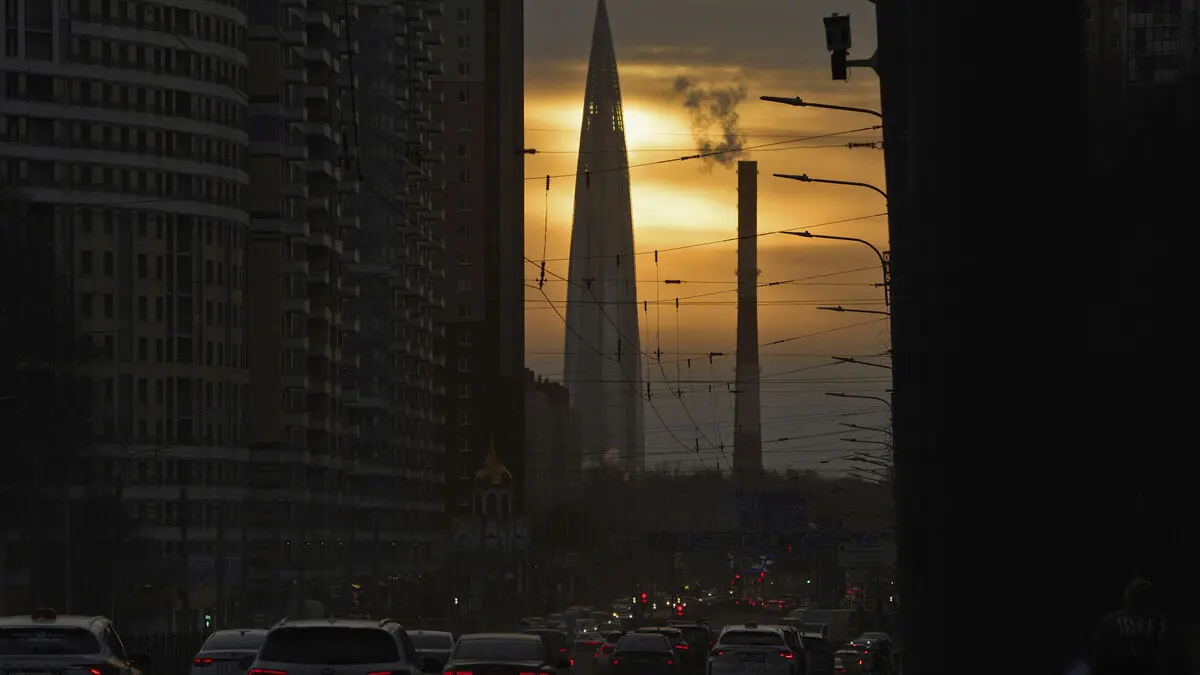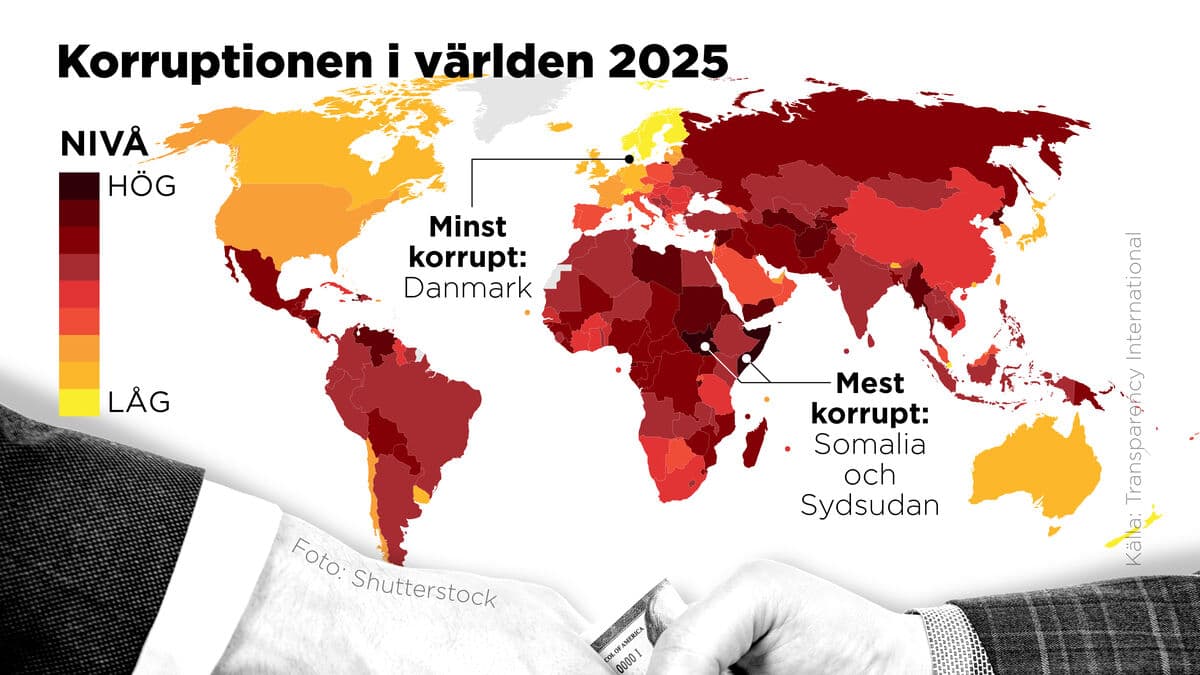They are financing the war against themselves. Who the hell has heard anything like that, said US President Donald Trump in the UN General Assembly in September.
When EU countries have tried to get Trump to continue support efforts for Ukraine, they have also negotiated among themselves about a plan to phase out the existing gas imports from Russia.
For Russia, the export of gas and oil is the largest source of income in a war economy that is running at full speed.
At last week's summit in Brussels, it was decided that the taps should be completely turned off by 2028.
More expensive than support
EU countries have provided significant support to Ukraine during the large Russian invasion, but during the war years, they have paid even larger sums to Russia for continued imports of gas and oil.
Since the major outbreak of war in 2022, the countries have paid a total of more than 2,300 billion kronor.
Dependence on Russia has decreased. Today, about 12 percent of the EU's gas comes from there, compared to 45 percent in 2021.
But the amounts paid in 2024 are roughly the same as, or even slightly larger than, the purely financial support that Brussels provided to Ukraine in the form of donations and favorable loans during the year.
Billions every day
Russia's global export of fossil fuels has lost value, but is still estimated to bring in more than five billion kronor per day, according to calculations by the research institute Crea in Helsinki.
France, the Netherlands, and Belgium are the European countries that buy the most liquid fossil gas from Russia. This year, several member states have also spent more money on Russian gas than in previous years. Some of it is distributed further within the union.
The EU has stopped most of the more expensive imports of Russian crude oil, except for Slovakia and Hungary. They continue to receive gas and crude oil through pipelines from Russia. They are also the most reluctant when it comes to sanctions, which forces compromise solutions and exceptions.
Can be forced out
Now it seems that the US is anticipating the EU's continued negotiations. The sanctions that Donald Trump has announced against Russia's oil giants can in practice mean that they are forced out of the European market, according to reports from, among others, Politico.
Trump is also putting pressure on NATO member Turkey. During the war, the country has become Russia's third-largest oil customer – and has also refined large quantities of Russian crude oil that until recently could be sold on to the EU.
The enormous resources of fossil fuels constitute the Russian state's largest source of income and finance almost a third of the state budget.
During the war years, an increasingly larger part of the budget has been allocated to the military. From 2026 to 2028, 38 percent of the appropriations will go to the military, military industry, security services, and police.
Russia's growth has for some time been driven almost entirely by stimulus from large investments in the military sector. This year, growth has slowed down faster than expected.
Economists in and outside Russia have long warned of stagflation – a difficult situation with rising inflation and stagnant growth – while the Russian central bank has been pressured to lower a key interest rate that has been around 20 percent (it has been at 17 percent since September).
In the budget for the coming year, a number of tax increases are announced, including on VAT, to balance the military expenditures.






